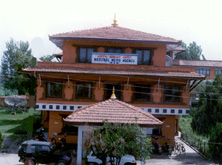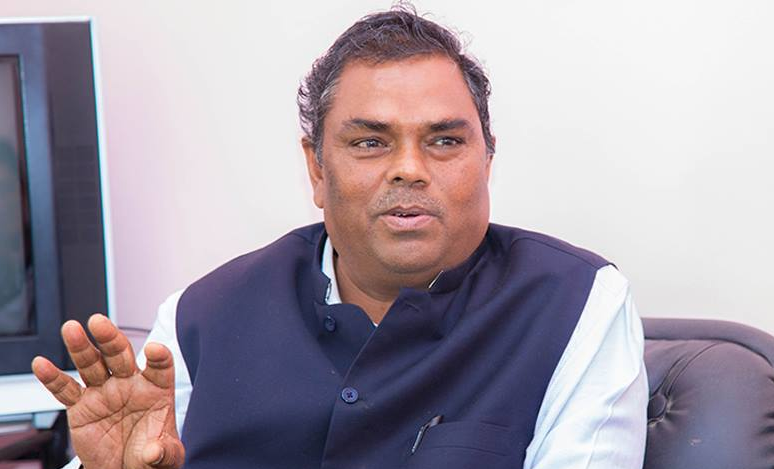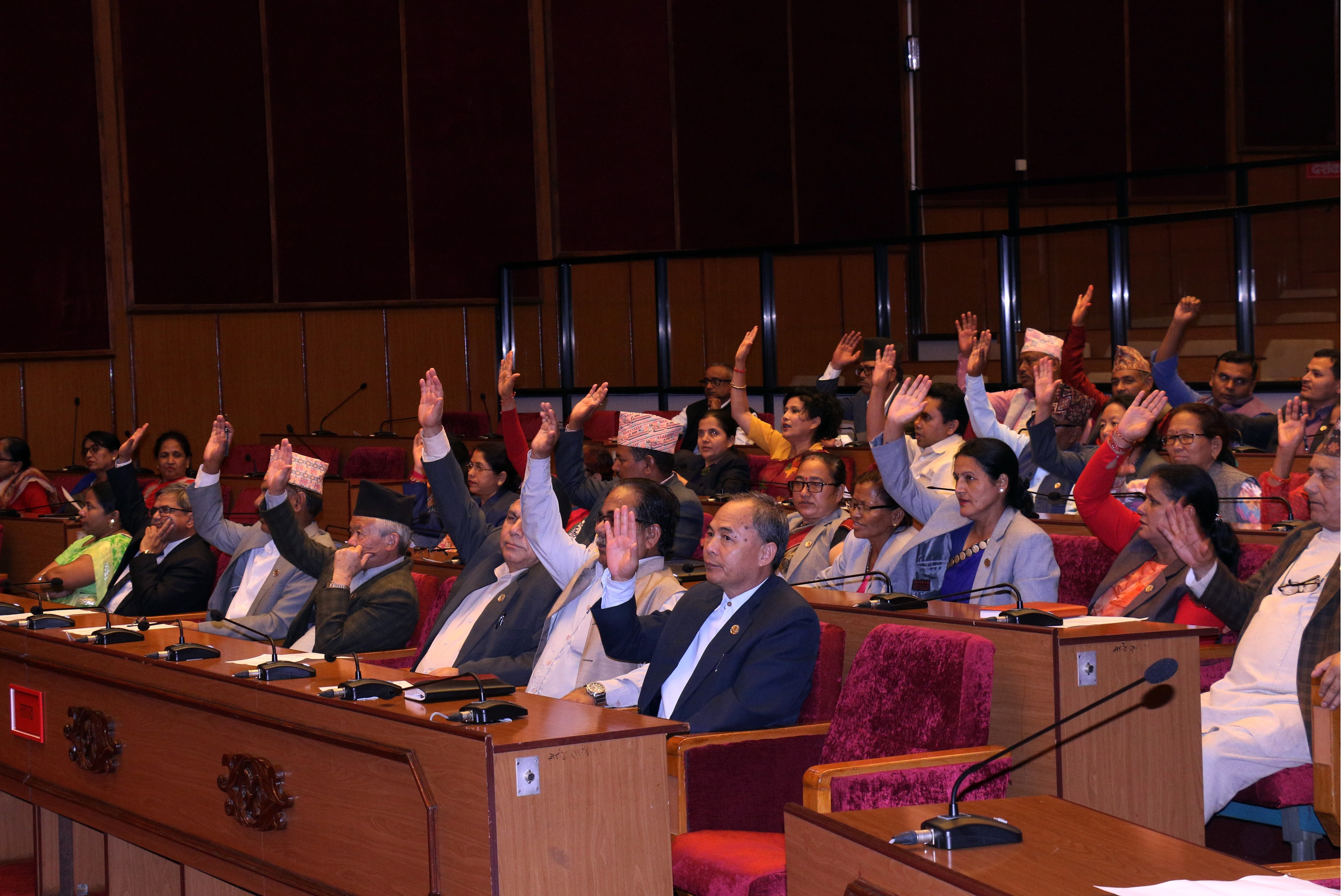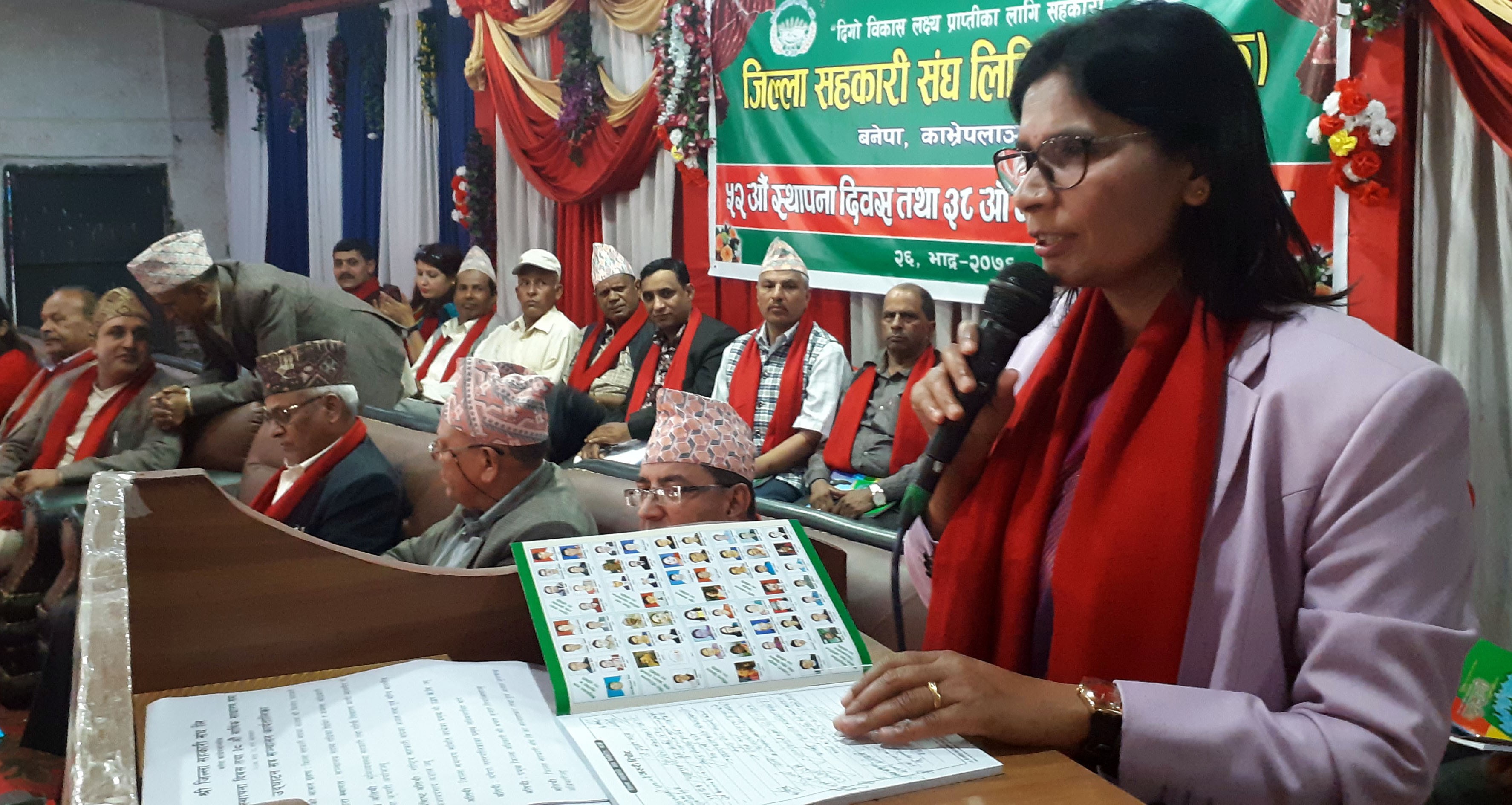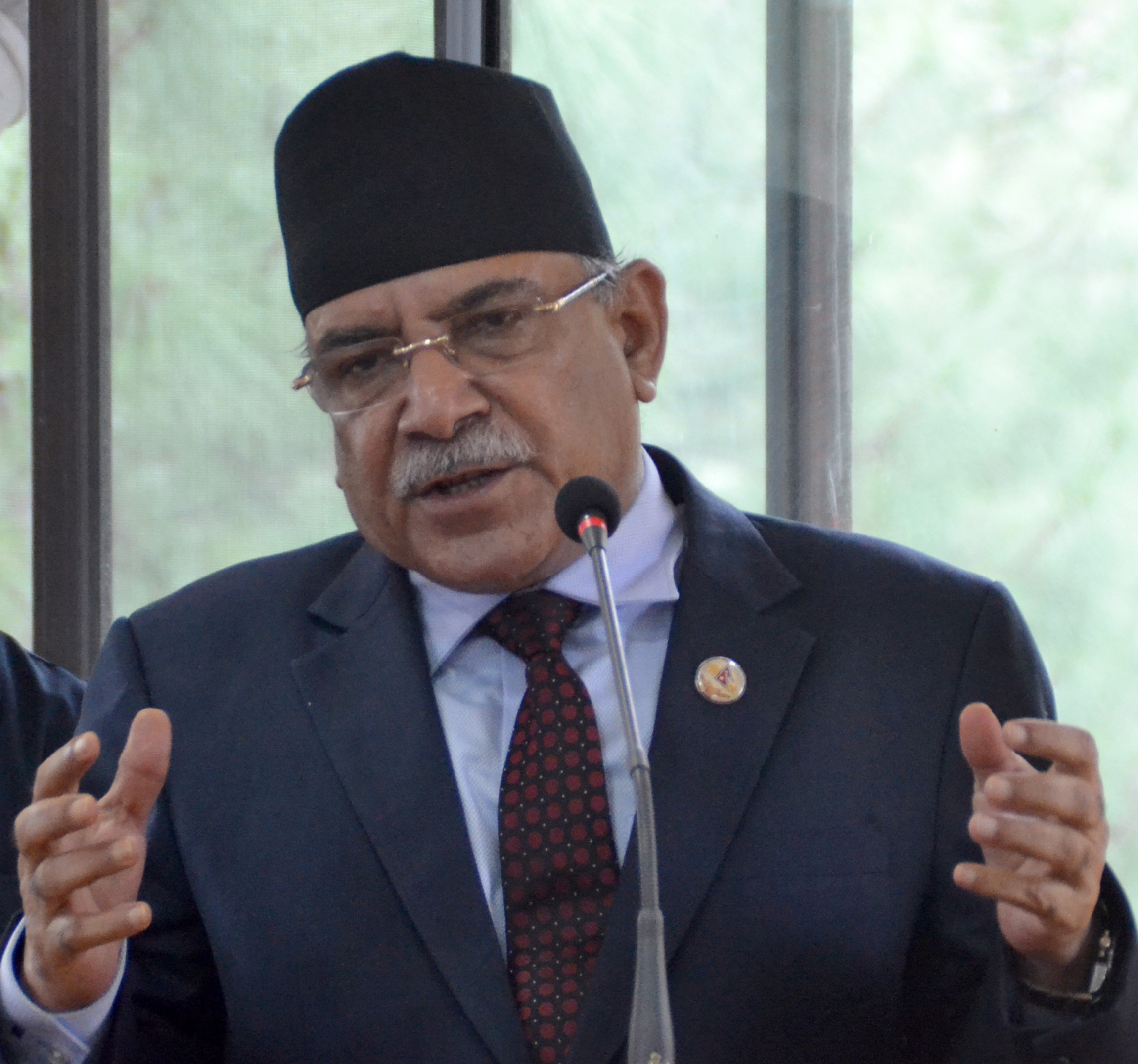PM Deuba insists on collective efforts to tackle pandemic

Kathmandu, Sept 6: Prime Minister Sher Bahadur Deuba has spoken about the need for collective efforts among the South-East Asian nations to combat the COVID-19 pandemic.
While inaugurating the 74th Regional Committee meeting of WHO South-East Asia Region, the annual governing body meeting of WHO in the Region, today, the Prime Minister said the COVID-19 pandemic had its implications on life, public health and social security. He insisted on the need for combined efforts from the international and regional levels to combat the crisis.
“This Session is convened to take important decisions on improving the health status of the people in this region at a time our health systems are overstretched to cater essential health services to the needy people. Let’s ensure equitable access to vaccines, medicines, tools and technologies for the sake of humanity. Reaching out to the unreached should be our priority,” he said addressing the regional event virtually. The meeting is hosted by Nepal.
Similarly, Minister of State for Health, Umesh Shrestha, also echoed the need for collective endeavours to fight COVID-19. Informing the session that over 10 million population in Nepal had received COVID-19 vaccines, he shared about the government plan to provide vaccines to 33 per cent eligible population by mid-October.
Likewise, WHO Director-General, Dr Tedros Adhanom Ghebreyesus, said the COVID-19 pandemic continued to take a heavy toll on lives, livelihoods, societies and economies. As he said, he was pleased to see a decline in cases and deaths in the South-East Asia region, following the devastating surge in May of this year.
"However, the situation varies widely from country to country and place to place, with steep increases and overwhelmed hospitals in some areas. We must never again allow a pandemic on this scale. And that we must never again allow an injustice on this scale.”
WHO Regional Director Dr Poonam Khetrapal Singh said the COVID-19 had taken a massive toll on our health systems. "Services have been disrupted and health care workers exhausted. Our challenge is multi-faceted, we have to regain lost ground in terms of health outcomes, rebuild health systems that have lost capacity and we have to do this at a time when government revenues in all countries will be under intense pressure.”
The five-day virtual session, attended by Health Ministers and senior health officials of the Member Countries of the Region, UN Agencies, partners, donors, and civil society representatives, will deliberate on strengthening public health emergency preparedness and response and accelerating progress for prevention and control of non-communicable diseases, among others health issues.
A ministerial roundtable is planned tomorrow on ‘building back better’ the essential health services, hit by the ongoing COVID-19 pandemic, with the aim to achieve universal health coverage.
Other key issues to be discussed are the regional framework for a vaccine action plan, revitalizing school health, and ending viral hepatitis, HIV and STIs.
Progress made by the Region on previous Regional Committee resolutions on measles and rubella elimination by 2023, improving access to essential medical products, and strengthening health systems to accelerate delivery of services for non-communicable diseases at the primary health care level, will also be discussed at the session.
Come to one-fourth of the global population but with a disproportionate burden of diseases, the Region has been prioritizing the elimination of measles and rubella by 2023, addressing noncommunicable diseases through multisectoral policies and plans, accelerating the reduction of maternal, neonatal and under-five mortality, advancing universal health coverage, reversing antimicrobial resistance, scaling-up emergency risk management capacities, eliminating neglected tropical diseases and ending TB, the WHO Nepal said in a press note.
Recent News

Do not make expressions casting dout on election: EC
14 Apr, 2022
CM Bhatta says may New Year 2079 BS inspire positive thinking
14 Apr, 2022
Three new cases, 44 recoveries in 24 hours
14 Apr, 2022
689 climbers of 84 teams so far acquire permits for climbing various peaks this spring season
14 Apr, 2022
How the rising cost of living crisis is impacting Nepal
14 Apr, 2022
US military confirms an interstellar meteor collided with Earth
14 Apr, 2022
Valneva Covid vaccine approved for use in UK
14 Apr, 2022
Chair Prachanda highlights need of unity among Maoist, Communist forces
14 Apr, 2022
Ranbir Kapoor and Alia Bhatt: Bollywood toasts star couple on wedding
14 Apr, 2022
President Bhandari confers decorations (Photo Feature)
14 Apr, 2022
